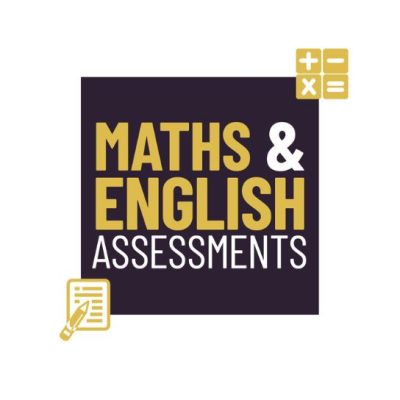

Science is a set of ideas about the material world and if you want to investigate, observe, experiment, test out ideas and think about them then this is the course for you!
This course will support you in building a deep understanding of science through talking about, reading and writing about science plus the actual doing, as well as representing science in its many forms both mathematically and visually through models.
Also, if you earn less than £30,000 per year and aged 19 or over, you could study this course for FREE! Take advantage of the new funding and #DoMore with your future.
As this is a one-year intensive course you are required to have:
During this course you will study:
By studying this course you will:
You will be assessed via two written exams of 100 marks each, lasting 1 hour - 45 minutes.
Questions consist of:
Practical competences are assessed through ten compulsory practicals during the course.
After you have successfully completed this course you can:
You will carry out practical sessions in our well-equipped science labs and throughout the course will have the opportunity to go on science-related educational visits and field trips.
12/09/2024
Part time




